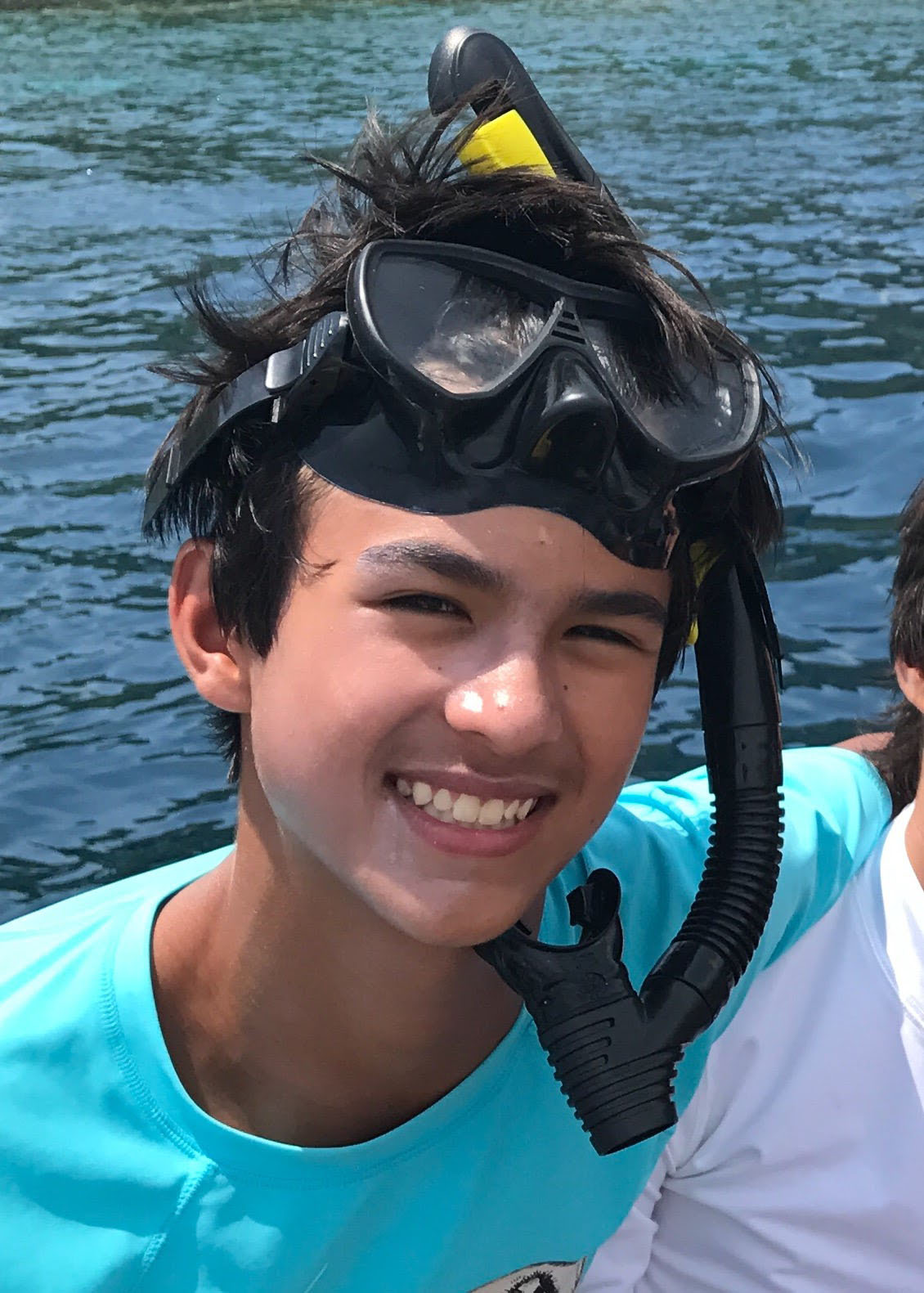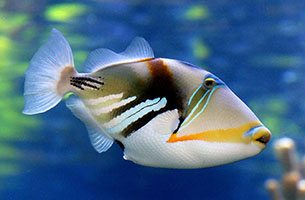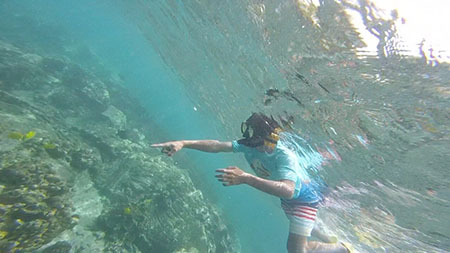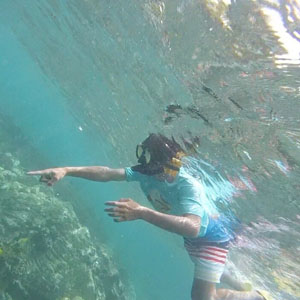
Coral reefs mean different things to different individuals depending on their connection (or lack of connection) to them. For those that are landlocked or have never visited tropical waters, coral reefs probably don’t often come to their mind. However, for individuals like Justin Jesuele, a seventh grader at Viewpoint School in California, coral reefs and the ocean bring fond memories of sandy beaches, warm water and a sense of belonging.
Recently, we featured a blog post about Justin’s school project when he created beat blox to raised funds for CORAL. This second post will provide more insight into this creative self-described environmentalist who wants to share his love of coral reefs with the world.
Justin’s first memory of the ocean was as a very young child vacationing to Kauai, Hawai`i with his family. While there paddling on a boogie board with his good friend, he saw his first sea turtle in its natural habitat. He remembers the moment vividly because it made him feel like he belonged there experiencing nature and its “diverse ecosystem full of marine life and cool animals.” In addition to boogie boarding, Justin also loves doing activities such as snorkeling where he’s able to “see the beauty of the ocean.”
Like others fortunate enough to visit coral reefs, Justin particularly enjoys and appreciates the “beautiful underwater world” created by corals and the diversity of animals and fish that live on, in and around reefs. His favorite type of coral is the brain coral or Diploria Labyrinthiformis. He’s fond of this coral because it’s long evolutionary history and because “it looks so much like a brain!”

Justin also has a favorite reef fish: the black tip reef shark. He saw his first one while snorkeling in the Philippines off the coast of Palawan. Having held a long fascination with sharks, Justin likes to equate them to the cops of the marine world due to their ability to help maintain the delicate balance between fish populations in marine ecosystems. He also enjoys the Hawaiian triggerfish (Rhinecanthus rectangulus) simply because of its “really cool” name in native Hawaiian: humuhumunukunukuāpuaʻa; I mean, who can blame him!
However, Justin worries about the future of our underwater havens. As Justin likes to put it, “coral reefs support all the life in the ocean in that all of the lives are interconnected in the marine ecosystem. Marine animals depend on coral reefs for protection and habitat. They are important to the ocean ecosystem. Also, coral reefs protect coastlines from storms and waves. Coral reefs are dying because of human carelessness and ignorance. Climate change, dynamite fishing and pollution all disturb the ecosystem — that can’t be good for the animals that live in the ocean or for the human species as a whole.”
As an environmentalist, Justin cares about the positive and negative effects we have on our planet. He wants “to keep nature safe, and coral reefs are such an important part of the ocean.” The future of coral reefs is bright due to young champions like Justin who one day will don the mantle of coral preservation to save coral reefs.

